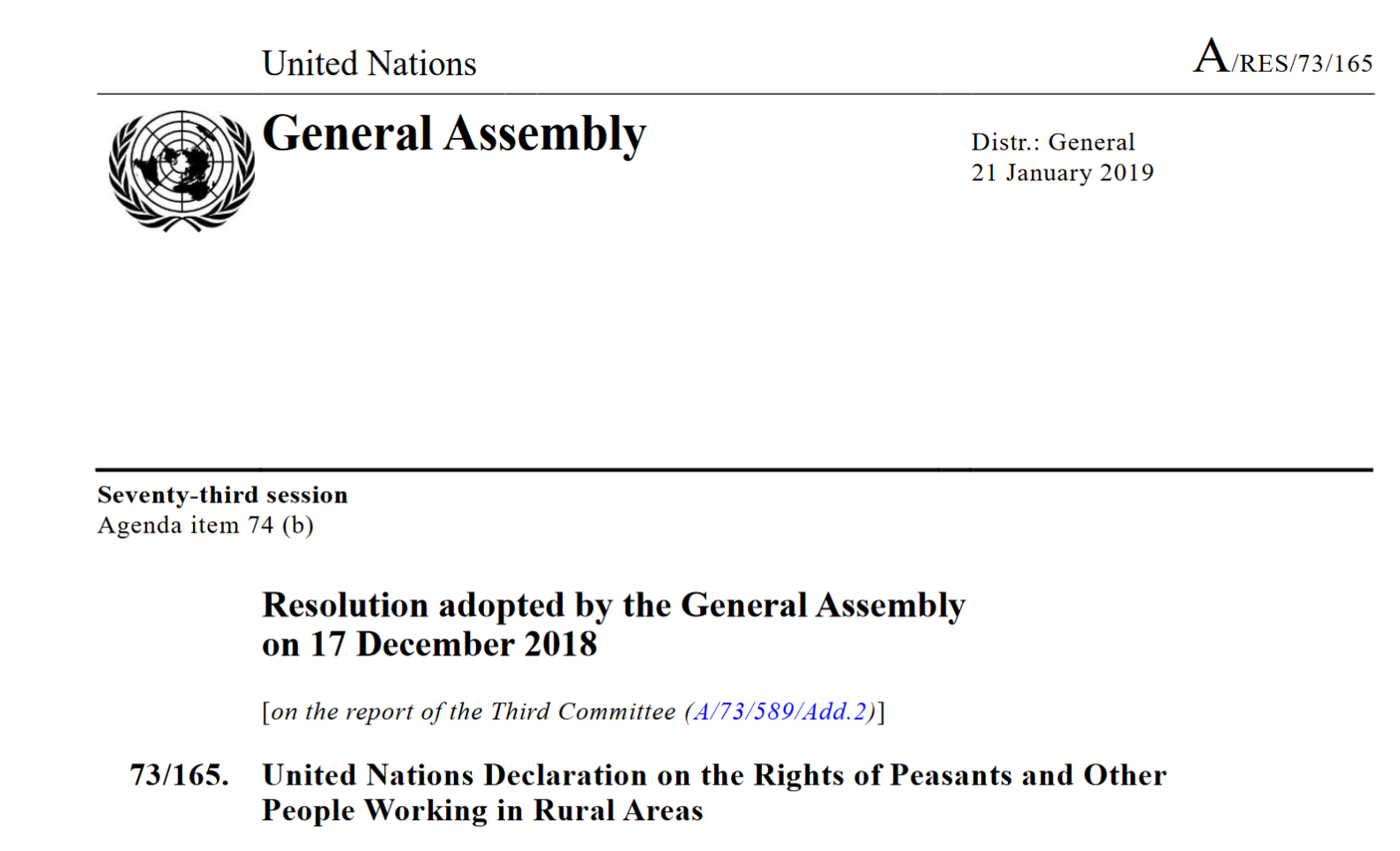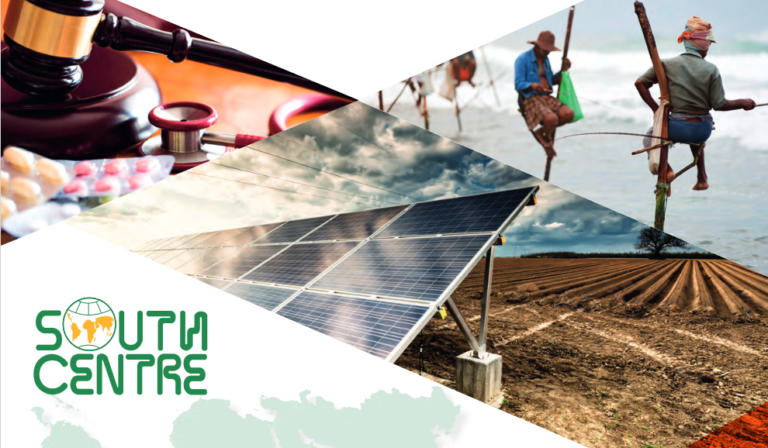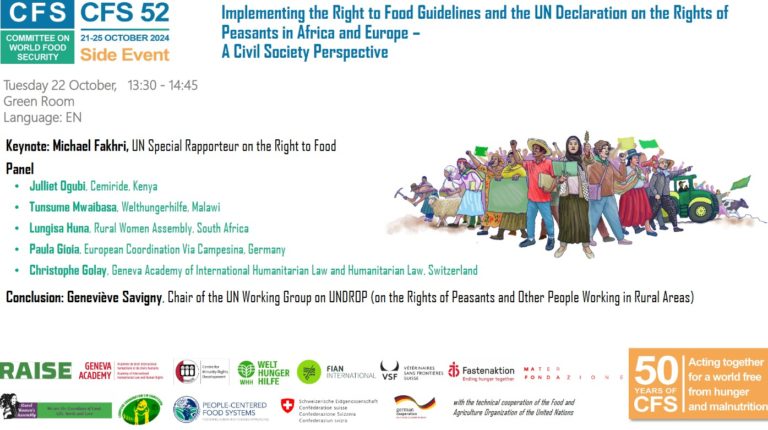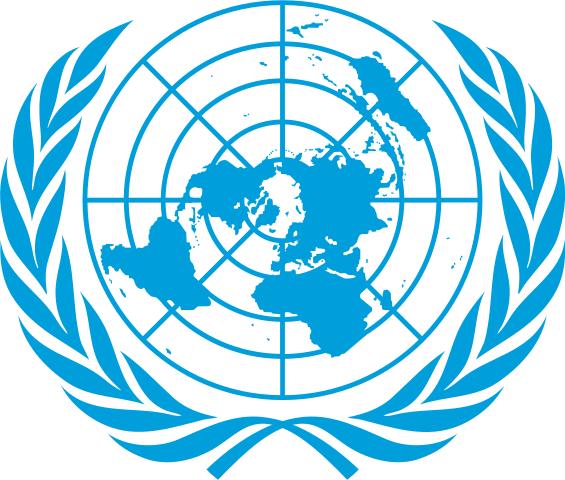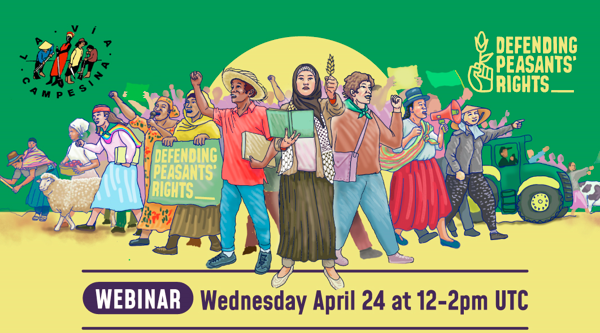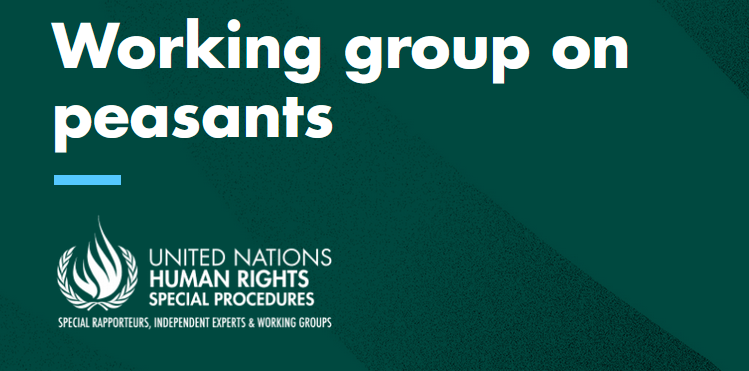The UN Declaration on the Rights of Peasants and other People Working in Rural Areas (UNDROP Presentation 1/3)
The UN Declaration on the rights of peasants and other people working in rural areas (UNDROP) has been adopted in 2018, after almost 20 years of mobilization by La Via Campesina and its allies, and 6 years of negotiation at the UN Human Rights Council and General Assembly. It has been adopted to protect the rights of some of the most marginalised people in the world, who together represent around two billion people: peasants, landless people, people living from traditional fishing, herding, and hunting activities, and rural workers.
Structural discrimination
The UNDROP expresses deep concern at the structural discrimination faced by peasants and other people working in rural areas, who disproportionally suffer from, inter alia, poverty, hunger, and malnutrition, forced evictions and displacements, and criminalisation (Preamble and art. 3.3), and it recognises an important number of rights to overcome that situation.
Definition of the rights holders
UNDROP’s article 1 defines peasant as any person who engages or who seeks to engage, alone, or in association with others or as a community, in small-scale agricultural production for subsistence and/or for the market, and who relies significantly, though not necessarily exclusively, on family or household labour and other non-monetized ways of organizing labour, and who has a special dependency on and attachment to the land. It also provides that the UNDROP applies to any person engaged in artisanal or small-scale agriculture, crop planting, livestock raising, pastoralism, fishing, forestry, hunting or gathering, and handicrafts related to agriculture or a related occupation in a rural area, as well as to dependent family members of peasants, indigenous peoples and local communities working on the land, transhumant, nomadic and semi-nomadic communities, and the landless engaged in the above-mentioned activities. Moreover, it adds that it also applies to hired workers, including all migrant workers regardless of their migration status, and seasonal workers, on plantations, agricultural farms, forests and farms in aquaculture and in agro-industrial enterprises.
Rights enshrined
Some of the most important rights enshrined in the UNDROP include the rights to land and other natural resources (articles 5 and 17), to freedom of thought, conscience, religion, opinion, expression, and peaceful assembly (art. 8), to create and join organizations to defend their rights (art. 9), to participation and information (arts. 10 and 11), to access to justice (art. 12), to food and food sovereignty (article 15), to an adequate standard of living, including the right to sell products at prices that guarantee a decent income and livelihood (art. 16), to seeds and biological diversity (articles 19, 20), to water, including for irrigation, and to sanitation (art. 21), to social security (art. 22), to health (art. 23), to a safe, clean and healthy environment (art. 18), to housing (art. 24), to education and training (art. 25), as well as cultural rights (art. 26).
Rights of rural women and children
UNDROP’s article 4 provides that states shall take all appropriate measures to eliminate all forms of discrimination against peasant women and other women working in rural areas, including women family farmers, to promote their empowerment, and to ensure that they enjoy without discrimination all the human rights and fundamental freedoms set out in the UNDROP. It is also important to mention that UNDROP’s articles 13.2 and 13.6 aim at protecting children in agriculture from child labour.

